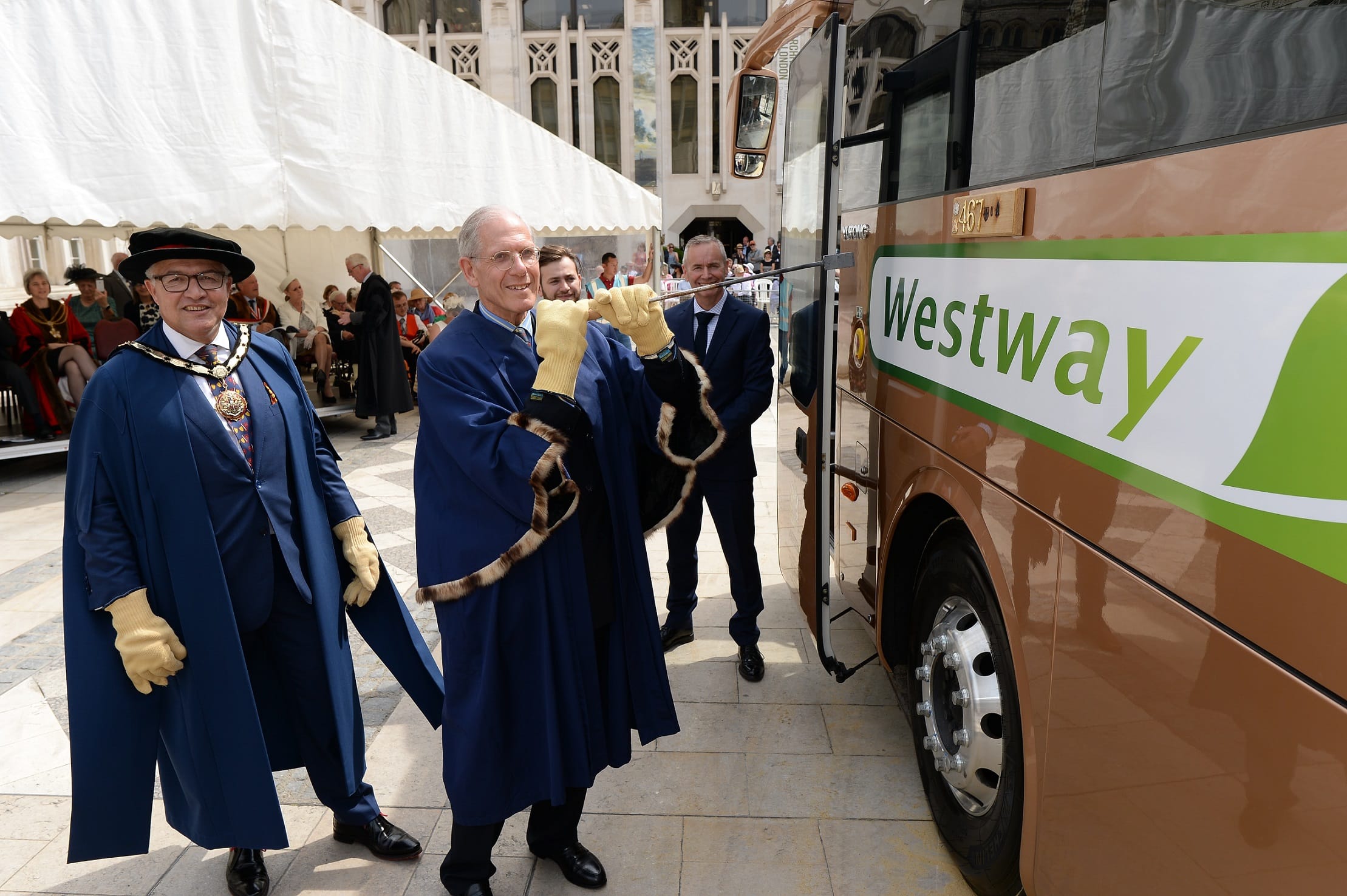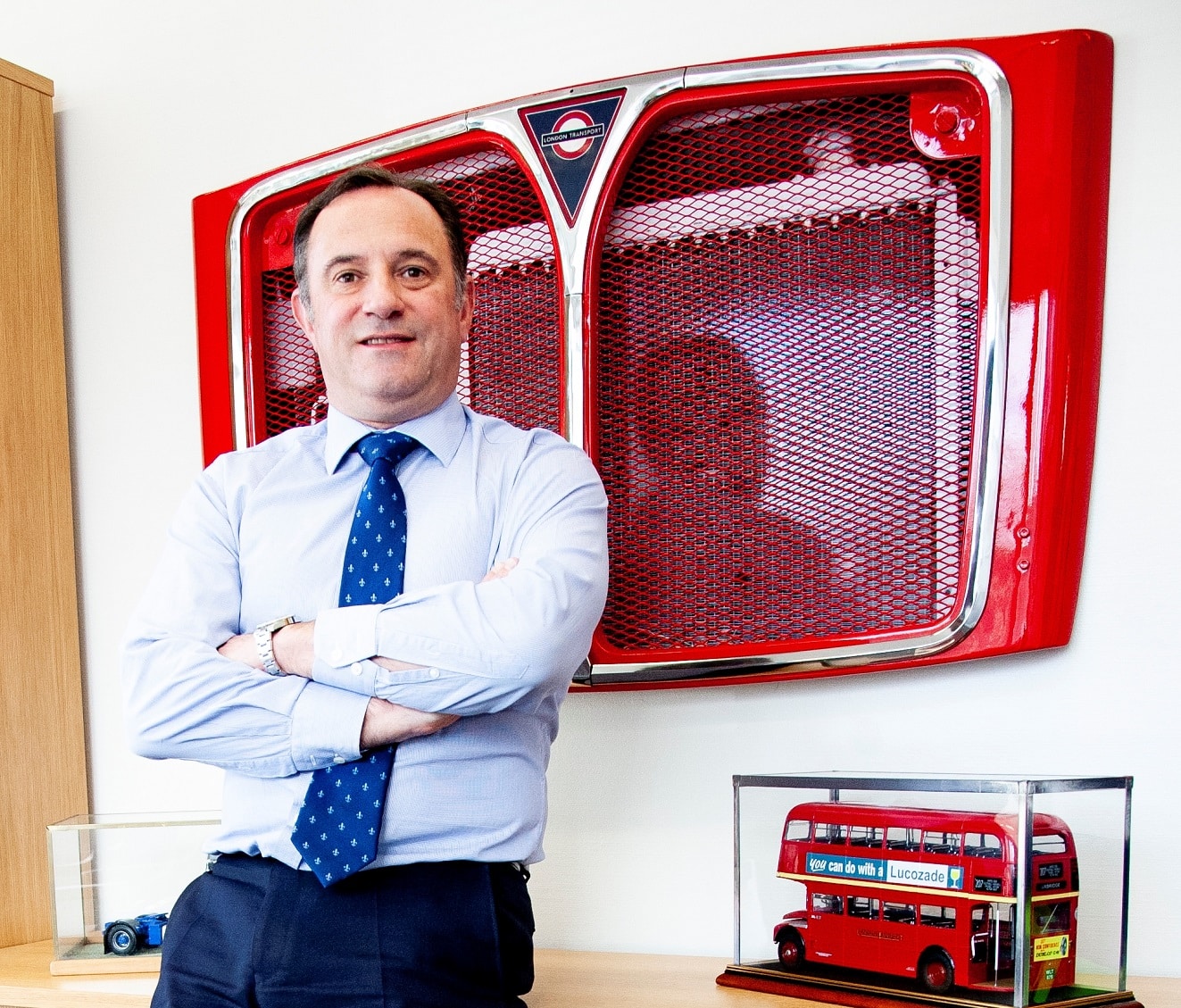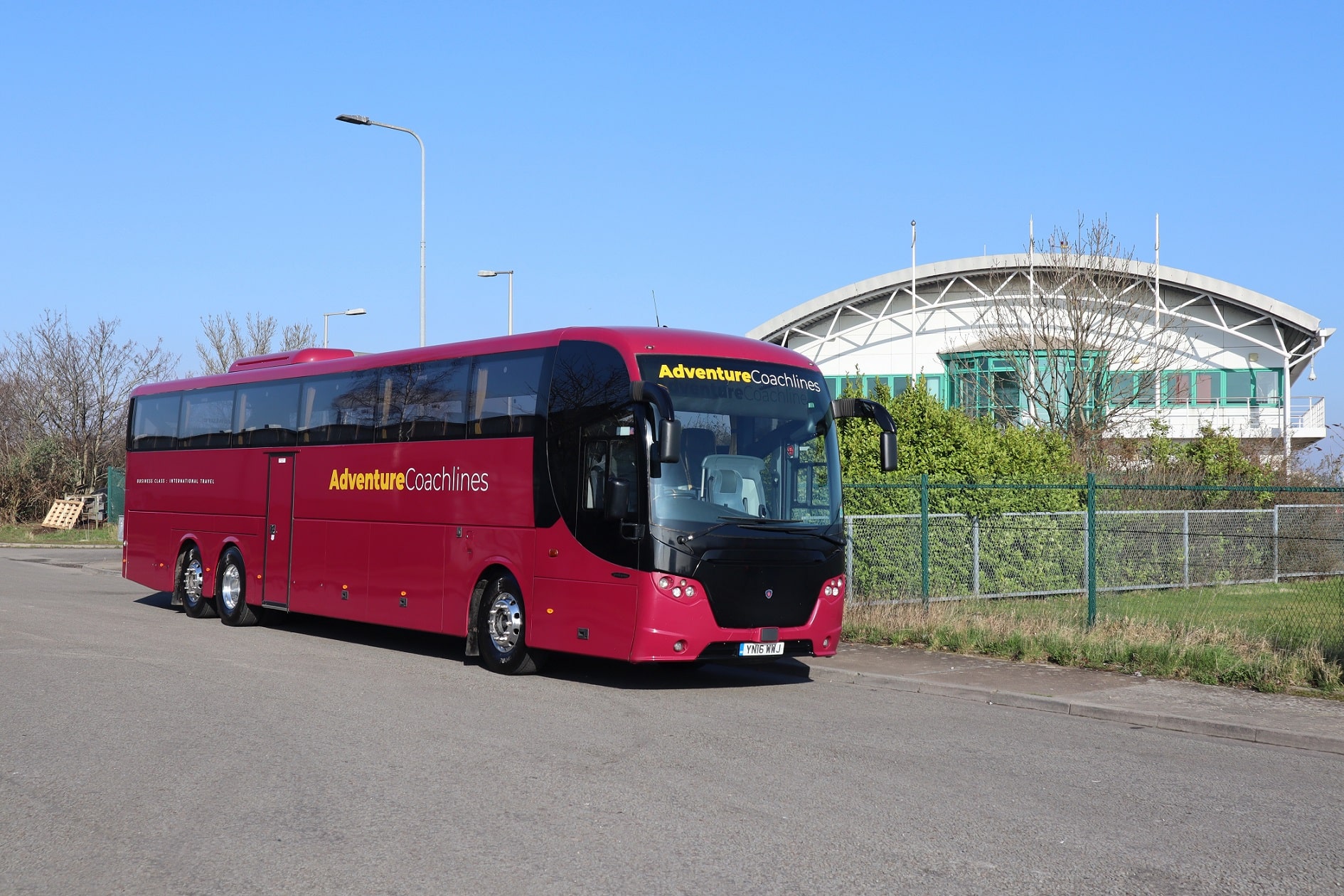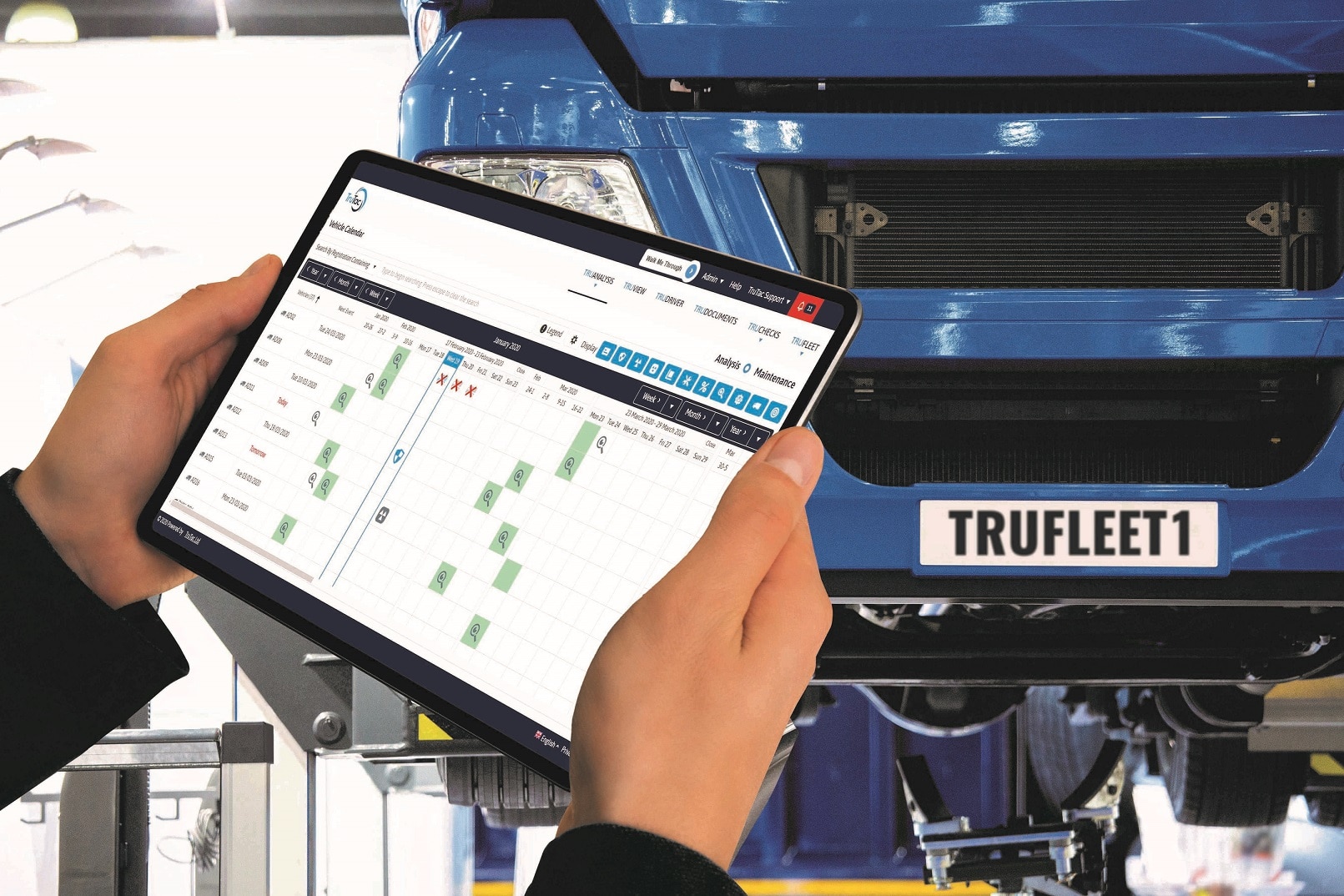Numerous professional bodies capture the coach and bus industry in melding members of the sector together. Perhaps among the lesser known is the Worshipful Company of Carmen. With a remit that extends across the transport sector, the Carmen is one of 110 Livery Companies based in London. It is an organisation that, while selective, offers fellowship and networking with like-minded individuals and strives to offer benefits to others via its charitable trust and educational endeavours.
Although the Carmen may be less prominent than some other bodies within transport, it counts many senior figures from the coach and bus industry among its members. To further that reach, the Company has developed a corporate membership. An Associate Freeman position, tailored towards younger people, has also been introduced to help broaden the Carmen’s appeal.
Best known among the Worshipful Company of Carmen’s activities is its annual Cart Marking ceremony. This year, it will be held on Saturday 16 July as one of the highest profile events on the City of London calendar. Coaches and buses have long been prominent among the vehicles entered; in 2019, for example, a battery-electric Yutong TCe12 of Westway Coaches received ceremonial branding alongside passenger carrying vehicles that in some cases were many decades its senior.
Worshipful Company of Carmen history dates back over 500 years
To appreciate the Carmen, it is first necessary to understand both its history and that of London’s other Livery Companies. Far from being secretive societies, they date their histories back hundreds of years. In the case of the Carmen, that began in 1517, but the earliest roots can be traced to the 14th century, Master for 2021-22 Nick Laister explains.
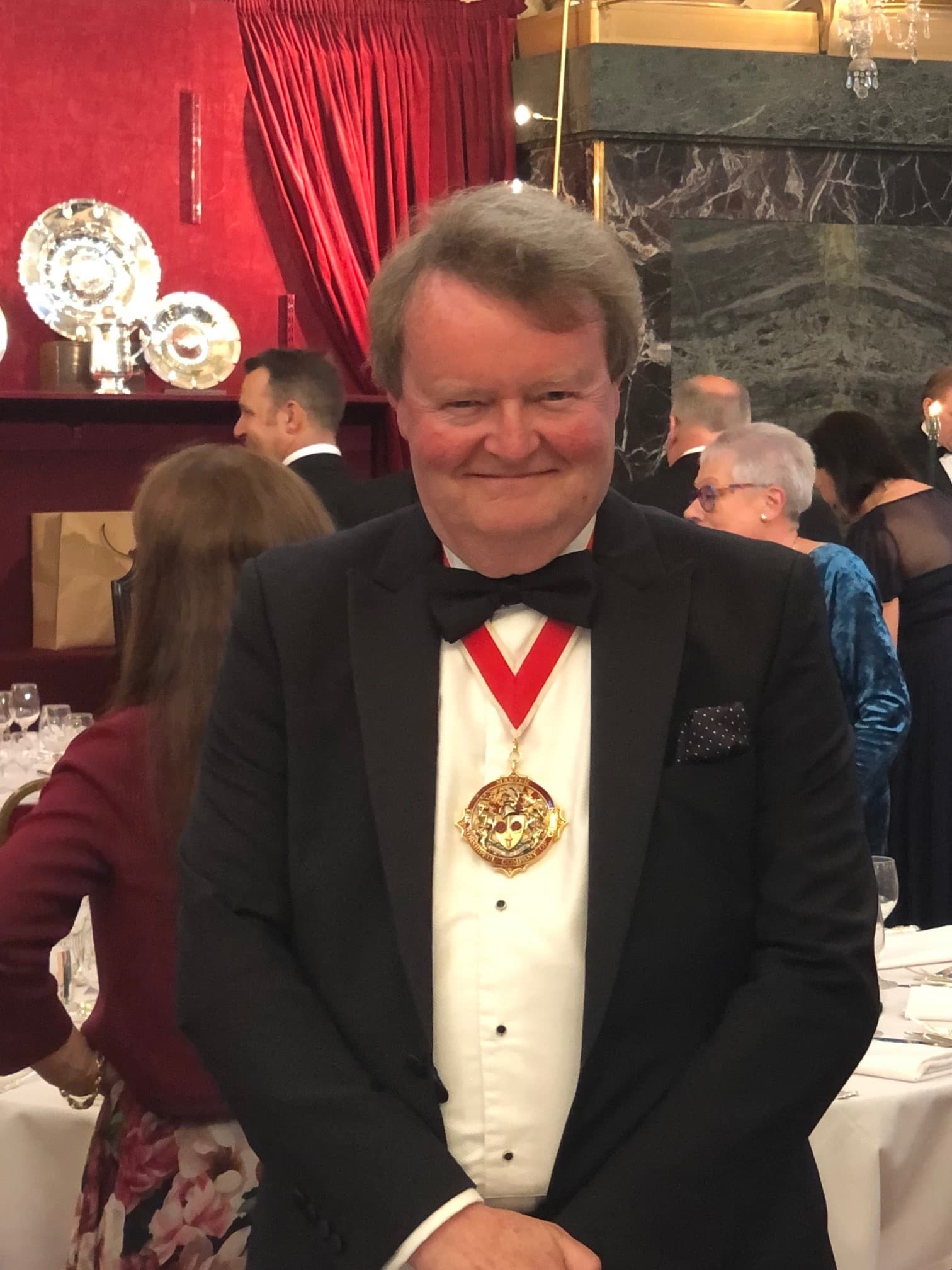
Five centuries ago, the transport of goods and people in London was “a mess.” There was no regulation. The City of London approached a group of people to monitor and control the activities of carts within its jurisdiction.
They became the Worshipful Company of Carmen. Operators of carts would pay an annual fee and their vehicles would be branded. Such accreditation meant that they could charge more than owners of non-branded carts.
“As we understand it, a few people came together to make things work properly and add value,” Nick continues. “That is where we see the Carmen today. Within our membership, we have many people involved in all sorts of transport.”
The modern-day Cart Marking ceremony is a continuation of that process. It involves a wooden board that is issued to each vehicle at its first time of entry. A ceremonial branding of the board takes place, and the event also involves a lunch in the Guildhall that has hosted up to 600 people.
The entry process: Freeman first, then Liveryman
Other events are part of the Carmen calendar. Among them are educational transport lectures from a variety of speakers, which have included Sir Peter Hendy. Those originate from the Company’s home on Fleet Street, the Carmen’s Hall, and are also available to view via Zoom.
To become a member of any Livery Company, it is necessary to first join as a Freeman. Should the member concerned wish they later to be elevated to Liveryman status, they must first apply for and obtain the Freedom of the City of London. The process governing progression to Liveryman is fixed, and those members are clothed as Liverymen only at the Company’s quarterly meetings.
“There are distinct differences between Freeman and Liveryman,” Nick explains. “A Liveryman has both the Freedom of the City of London and the freedom of their Company, and therefore can vote in City of London elections and for the Mayor of the City of London, and participate in the Election of Sheriffs.”
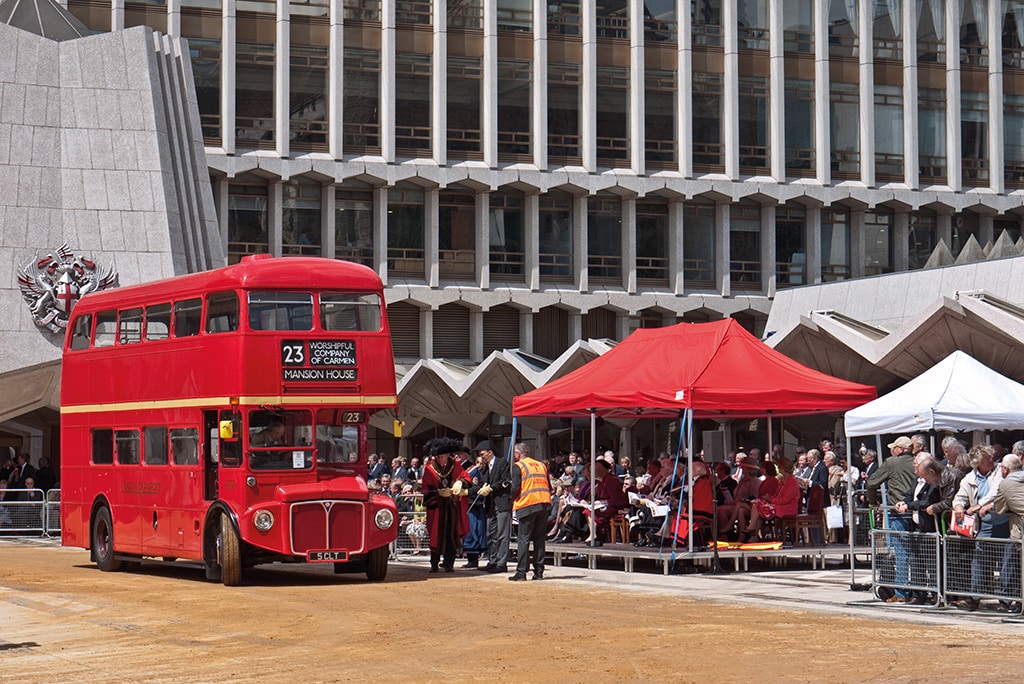
A Liveryman may also vote for members to be part of Court – the Carmen’s leadership committee – after three years.
Although use of Carman, Freeman and Liveryman may sound like the Company is a male-dominated domain, such titles represent a holdover from its past.
HRH The Princess Royal is a former Master, and she continues to attend events. Many other women have been welcomed as members in recent years. The Carmen also recognised Chief Executive of Women in Transport Sonia Byers in 2021.
Adding to Worshipful Company of Carmen membership a priority
Continuing to grow the reach of its membership is a key for the Carmen. In addition to the established Freeman and Liveryman grades, the Associate Freeman position is tailored to younger people. The fee there recognises a more limited earning potential in the earlier years of a career.
A further development is the introduction of a corporate membership. It is available to businesses across the transport sector and entitles one Liveryman position, which must be achieved via the established method. Tickets to the lunch following the Cart Marking ceremony form part of a corporate membership, among other benefits that include availability of the Carmen’s Hall for functions.
Membership of the Company does not mandate a certain amount of time or input, although Nick points out that the more than is put in, the more can be taken out. For those that wish to take an active part there is much scope to do so, and the Company is keen to match members’ skills to its various committees.
“We have had some huge success stories,” Nick continues. “For anyone who wishes to join and get involved and make a difference, there is great opportunity to do so, although we recognise that some members may wish to take a lower-profile approach because of work commitments.”
Carmen work to champion transport as a career
One committee that plays a major part in Carmen activities is that relating to education. Part of its activity sees members engage with secondary school children to promote the transport sector as a career choice, utilising the journeys of some established Carmen as part of that.
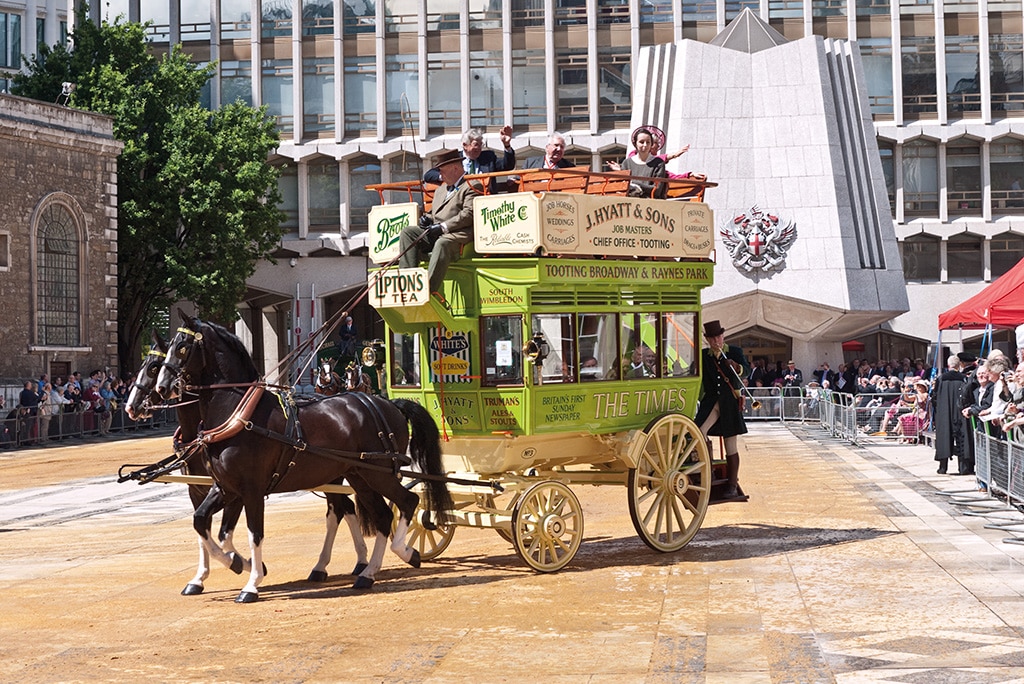
Working with educational facilities and other bodies is a further priority.
As an example, the Company is collaborating with the London Transport Museum and its Enjoyment to Employment programme, which aims to nurture key skills for work within transport. The overall aim to sow the seeds of it as a solid career choice.
The Cart Marking ceremony also serves as a good way to promote the sector and its employment potential via a segment of the arena that is open to the public. “People can tangibly see the cavalcade of vehicles that pass through; everything from horses and carts to electric coaches and hydrogen buses,” Nick explains. “It is a fantastic advert for the profession, and it won’t be seen anywhere else.”
Charity contributions a key part of Livery Companies’ work
Alongside educational work is the Carmen’s charitable trust. Almost all Livery Companies have such a trust, and there is great latitude over where money can be allocated. Supporting young people in education is prominent via contributions to bursaries and sponsorship, while when COVID-19 arrived, funds were given to some schools to assist with provision of laptops to facilitate remote learning.
Grants have also been given to support the purchase of accessible minibuses, and a bus driver who was injured outside work has been helped recently. Such assistance in their respective areas is common across all 110 Livery Companies, Nick adds; it is a major part of their remit and allows those within the industries represented to “give something back,” he notes.
“We do things for the profession, in general and for charity,” Nick concludes. “The Carmen is an organisation that is populated by senior people from across the transport industry, and it is recognised by them as being one of the key bodies for that purpose. We want to open the doors a little more, show people what we are about and – hopefully – welcome some more aboard.”
A member’s view: Paul Sainthouse
Dawsongroup Bus and Coach Managing Director Paul Sainthouse (pictured, below) is someone from passenger transport who is a member of the Worshipful Company of Carmen. Known also for his involvement with the Chartered Institute for Logistics and Transport and Imberbus, Paul joined the Company in 2018 and ranks as a Liveryman.
“I came onboard later in my career as I had been busy with other things until then, but I had reached a time where I thought it was appropriate to give something back to the industry,” he explains.
“Looking for somewhere to do that, I came across the Carmen.
“I knew of the organisation and people who were involved, but little about it.” Paul is involved with the Company’s education committee, and that shapes a good amount of his contribution.
“I am interested in how we make a career in this sector one of choice for young people. The Carmen is good at putting on a show, whether that is our people, our vehicles or what we each do. That is a strong message, and it projects into all areas of society.”
While it is necessary for a would-be Carman to prove their worth to the Company when joining, Paul notes that making participation more appealing to coach and bus professionals is a further priority of his. “It can sometimes be difficult to get people from outside the over-50, white male background to come in, but once they do, they enjoy it greatly.”




















